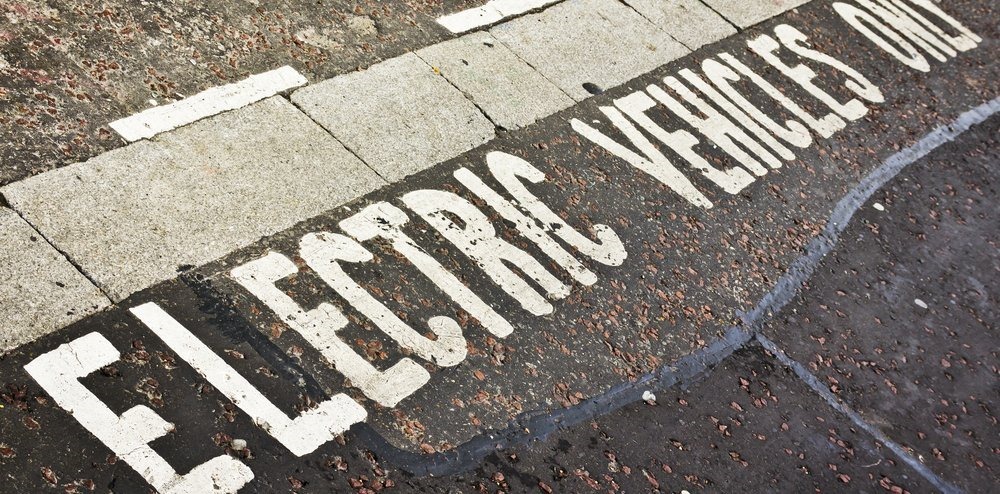Govt Aims to Have 100% Electric Vehicles in India; Critics Find it Unrealistic

Everyone agrees that India is growing at a great pace and could soon topple other nations to reach the top. However, one area where India has a lot of potential is the electric vehicles industry, which hasn’t even taken off yet.
The Government even launched programs to promote electric vehicles in India, but was there even a choice? Mahindra E2O, Toyota Prius, Toyota Camry Hybrid, Mahindra Scorpio MicroHybrid and BMW i8 are the only electric vehicles (including hybrids) in India, and the prices are not at all attractive to the customers.
The rich do not have to worry about the fuel being used to drive the vehicle, and the common man does not have the money to afford these expensive vehicles. This completely beats the purpose of having an electric vehicle in India, where pollution is rising and petroleum is depleting.
Now, the Power Minister has said that they are working on a scheme to sell electric cars on zero down payment which in turn will help reduce the consumption of petroleum. The Government also feels this will help them to reach a vision of having all vehicles as electric vehicles on road in India by 2030.
Power Minister Piyush Goyal, talking at an event, said, “India can become the first country of its size which will run 100 per cent of electric vehicles. We are trying to make this programme self financing. We don’t need one rupee support from the government. We don’t need one rupee investment from the people of India.”
To support his claim, he further added, “We are working (on the scheme). Can we actually give electric car for free (zero down payment) and people can pay for that out of the savings on the petroleum products. Innovation is possible, it just needs an open mind. You need to think of scale and be honest.”
What we think of the claim
While the Government is hoping for the best from the nation, the claim of having all vehicles in India fully electric seems to be a little farfetched. We are talking about a country with 1.25 Billion citizens still fighting to have basic necessities like food, house and education.
Further, even if we do want to have just electric vehicles in India, Government needs to completely ramp up the policies because even the cheapest electric vehicle in India has had surprisingly low sales since last year. On one hand it is a compact hatchback which seats just two, and on the other hand it is expensive, making it a terrible combination.
It is a wake-up call to the Government that even after implementing policies like FAME, the cars have not picked up any pace. Even Toyota Prius, also known as India’s least selling car, could not make an impact in the premium sedan segment, despite being a global hit.
Electricity in India is cheap, however a lot of of villages in India are still dark and yet to see light at night. This is a major roadblock for expansion of electricity in India. If we cannot guarantee 24×7 electricity in India, we cannot be sure of having all vehicles electric in 14 years.
Tesla 3, the newest model to be launched in a couple of days, might also come to India according to reports. However, for such vehicles we need charging and Supercharging stations which will charge these vehicles safely. We could have the infrastructure in 14 years easily, but will we have enough incentives from the Government to buy innovative vehicles like it?
Government’s vision seems a distant dream for now. Maybe by 2050 we could think of having such a developed nation, but for now we can only think about converting at least 50% vehicles to fully electric.
